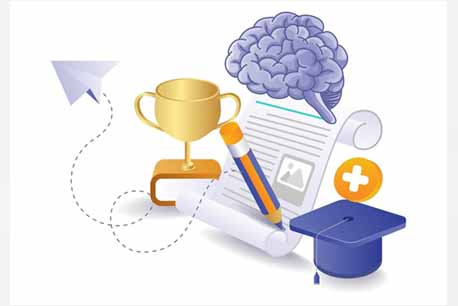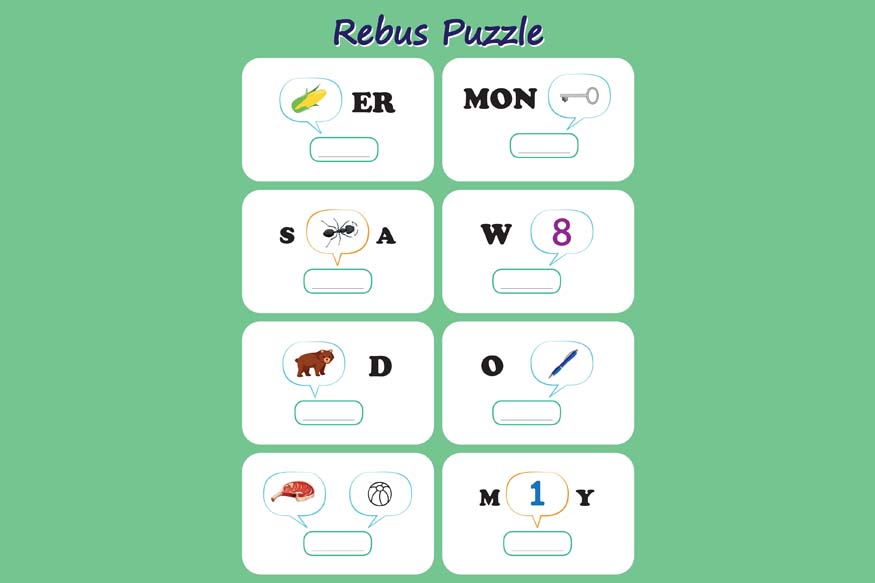Table of contents
- Introduction
- Understanding mental stability in education
- The impact of mental health on academic achievement
- Strategies for promoting mental well-being in students
- The role of schools in supporting mental health
- Fostering academic achievement through mental health support
- Conclusion
Introduction
Mental health of children influences their learning capacity and academic achievement. A positive balance between mental health and education is crucial for children’s overall well-being. Good mental health and education can help students pay attention, be motivated, and have good friendships. Acknowledging this fact and actively working towards improving it can help the child grow towards academic achievement.
Understanding mental stability in education
Parents and students must understand mental stability to explore the effect of mental health on academic achievement. Mental stability refers to students’ ability to handle themselves emotionally and psychologically, maintain focus, and understand their complete potential.
Key aspects of mental stability meaning in education include:
- Ability to remain calm and deal with stress and anxiety.
- Coping strategies related to emotions in the context of academics.
- Maintaining interpersonal relationships with colleagues and teachers.
- Continuous motivation and interest in activities related to learning.
Understanding the meaning of mental stability helps parents and students identify its role in promoting learning.
The impact of mental health on academic achievement
The impact of mental health on academic achievement includes the following:
- Improve concentration and memory: Mental health is a condition that affects the capacity to concentrate and understand information. When students do not have anxiety, depression, or stress, their brains are free of chaos and open to learning. This enables most of them to focus during class sessions and have better short-term and long-term memory.
- Increase motivation towards academics: Most enthusiastic and engaging students have good mental health. Mentally healthy students have great interest and energy to participate in class, ask questions, and complete their assignments. Students with good mental health are more likely to be less stressed or lazy when it comes to schoolwork.
- Better problem-solving skills and creativity: Mental health is important for cognitive flexibility and divergent thinking. Mentally healthy students are in a better position to explore out of box approaches and solutions to their challenges.
- Better resilience to deal with academic challenges: Good mental health improves the emotional intelligence of students. In academics, mentally healthy students can face difficult subjects, write tough examinations and manage good grades. Students are more capable of coping with stress, to think positively and continue to work hard for the positive outcome.
Strategies for promoting mental well-being in students

It is important to use interventions for mental health improvement of children. Here are some approaches we recommend:
- Foster open communication: Create a safe environment for students to express their concerns and opinions.
- Teach stress management techniques: Introduce mindfulness, deep breathing movements and other relaxing methods to help students maintain mental stability.
- Promote a healthy lifestyle: Stress the importance of exercising regularly, having a balanced diet, and getting enough sleep for good results in mental health and academic achievement.
- Encourage positive self-talk: Guide students to have a growth mindset and the right approach to increase confidence and resilience among students.
- Provide resources for mental health support: Make sure that the students understand where they can seek help if they experience symptoms of mental health problems.
The role of schools in supporting mental health
Schools have a vital role in supporting the mental health and academic achievement of students. At CPS, the main idea is to create a learning environment supporting mental health and academic achievement. Our approach includes building the capacity of the teachers to identify students who are likely to get mental health problems that may lead to poor performance in school. We also have an anti-bullying program to stop the process of aggression in a school setting. We provide counselling to students that may require assistance in one way or the other.
We create awareness and explanation of mental health stability meaning in our course to remove any stigma in parents and students. We closely work with parents so that the child receives support at home, similar to the support received at school.We believe that addressing mental health and academic achievement together provides our students with a complete plan for their welfare.
Fostering academic achievement through mental health support

Recognising the strong link between mental health and academic achievement, we have implemented various initiatives at CPS:
- Regular check-ins:
- Stress-reduction workshops:
- Peer support groups:
- Flexible assessment methods:
- Mental health awareness campaigns:
Teachers conduct brief, informal check-ins with students to gauge their mental well-being and its impact on academic achievement.
We offer workshops teaching stress-management techniques to help students maintain mental stability during challenging academic periods.
We’ve established peer support networks where students can discuss academic pressures and share coping strategies.
We’ve introduced varied assessment techniques to reduce exam-related stress and provide multiple avenues for demonstrating academic achievement.
Regular campaigns educate students about mental health and its importance in achieving academic success.
These reforms aim to create a supportive environment for students to achieve good mental health and academic success.
Conclusion
The correlation between mental health and academic performance is clear and statistically highly relevant. A student’s physical, psychological, and emotional state significantly defines the learner’s capability, motivation and performance at school. The need in an educational perspective of mental stability helps address the students’ needs to improve their learning.
At Center Point School, our mission focuses on developing students’ mental health and academic achievement. We believe that when we foster our students’ emotional health, we improve their academic performance and prepare them with crucial life skills.
Let us join hands to create a sympathetic and nurturing educational environment. At CPS, we are conscious of this overall goal, making sure that our students excel not just academically but also in terms of their mental health so that they can face a better future.





